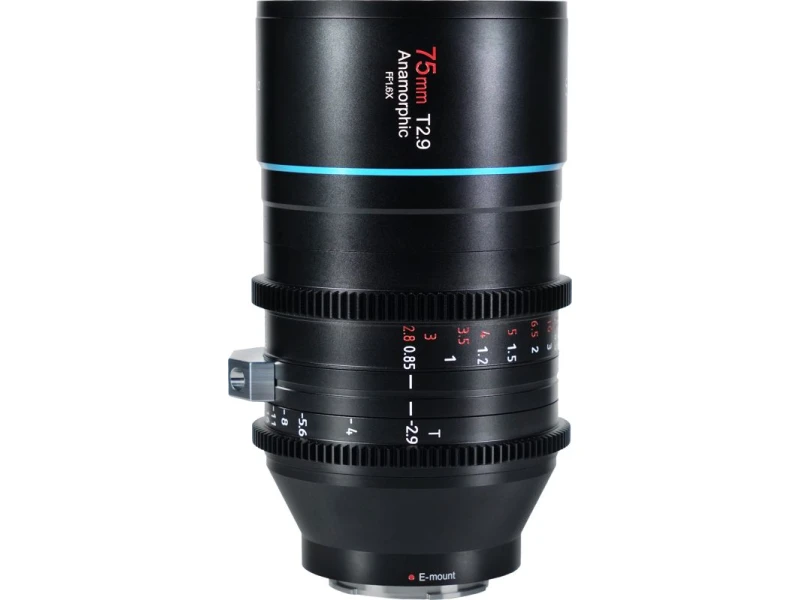Sirui 75mm T2.9 1.6x vs Sirui 135mm T2.9 1.8x (Sony E Mount)
Sirui 75mm T2.9 1.6x vs Sirui 135mm T2.9 1.8x (Sony E Mount)
When comparing Sirui 135mm T2.9 1.8x (Sony E Mount) and Sirui 75mm T2.9 1.6x, which one is better?
1. Lens Mount Comparison
These two lenses use the same lens mount, the Sony E. This means that both lenses are compatible with cameras that use this mount.
Winner: Tied
Regarding lens mount: Popular lens mounts are Canon RF and EF, Micro Four Thirds and Nikon Z. Different lens mounts lets you connect different lenses to camera bodies, but some might not be compatible. This can be helped by using an adapter, like a Canon EF to RF adapter.
2. Largest Aperture Comparison
Both lenses share the same aperture of 2.9 — this means that you may buy both Sirui 75mm T2.9 1.6x and Sirui 135mm T2.9 1.8x - (Sony E Mount) in this regard; they''re the same.
Winner: Tied
Regarding largest aperture: A lower aperture number means that the widest aperture on the lens is larger. This means that more light will hit the sensor and also that the depth of field will be shallower, better separating your subject from the background.
3. Anamorphic Comparison
Both Sirui 135mm T2.9 1.8x - (Sony E Mount) and Sirui 75mm T2.9 1.6x are anamorphic lenses.
Winner: Tied — both have this feature
Regarding anamorphic: Anamorphic lenses are usually used on cinema cameras and squeezes the image when its recorded, which gives the final, stretched out, image oval bokeh and a different angle of view. The most common lenses, however, are not anamorphic but spherical, which gives a spherical bokeh and is a much cheaper lens design.
Specifications
Full specifications table of Sirui 75mm T2.9 1.6x and Sirui 135mm T2.9 1.8x (Sony E Mount):
| Sirui 75mm T2.9 1.6x | Sirui 135mm T2.9 1.8x - (Sony E Mount) | |
 |  | |
| Brand | Sirui | Sirui |
| Lens Mount | Sony E | Sony E |
| Focal Length | 75 mm | 135 mm |
| Largest Aperture | 2.9 | 2.9 |
| Anamorphic | Yes | Yes |
| Anamorphic Squeeze Factor | 1.6 | 1.8 |
| Type | Prime | Missing |
| Image Stabilization | No | Missing |
| Autofocus | No | Missing |
| Macro | No | Missing |
| Weather Seal | No | Missing |
| Full Frame Coverage | Yes | Missing |
